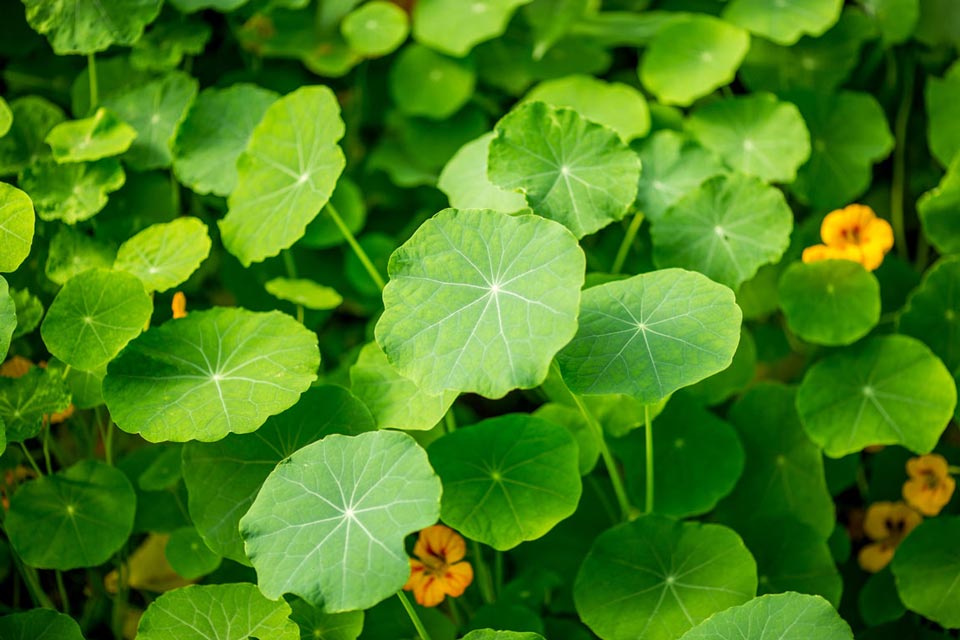What Is Gotu Kola?

Commonly known as gotu kola and pennywort, Centella asiatica is a perennial herb native to tropical regions.1,2 It has been used in Ayurvedic1 and native medicines throughout the world, and gotu kola extracts have found their way into modern pharmaceutical and cosmetic/personal care applications.3 Studies show that gotu kola also has insecticidal properties against the mosquitos that carry malaria and encephalitis, and against parasites that infect cattle and cause human illness.4
Laboratory, animal experiments, and some human clinical trials have demonstrated that gotu kola may offer a number of preventive and therapeutic effects for a variety of health issues, including:
- Aging6,7
- Anxiety8
- Cancer1,13,14
- Cardiovascular (e.g., high blood pressure and cholesterol)15-18
- Epilepsy10
- Erectile Dysfunction19
- Fibromyalgia20
- Gastric (Stomach) Ulcers21
- Gingivitis22
- Inflammatory Bowel Disease (IBD)23
- Insomnia24
- Liver Injury25
- Lung Problems3,26
- Rheumatoid Arthritis27
- Skin Concerns (e.g., varicose veins, cellulite, stretch marks, and wrinkles)3, 5,28-31
- Weight Problems32
There are various ways to take gotu kola (each with different dosages) and it is generally considered safe with some precautions.
Malagasy traditional healers utilized the dried leaves of gotu kola to treat a variety of conditions, including asthma, leprosy, bronchitis, and syphilis.3 It was also used for insanity in Brazil,1 and to improve brain function, metabolism, and the immune system in India.3
In Sri Lanka, gotu kola has a reputation for promoting longevity—possibly because it is a diet staple of Sri Lankan elephants, who are long-lived.3 This animal connection is reflected in India as well, where gotu kola is also called tiger’s grass because tigers are known to roll themselves on it after fighting—presumably because of the herb's wound-healing properties.3


